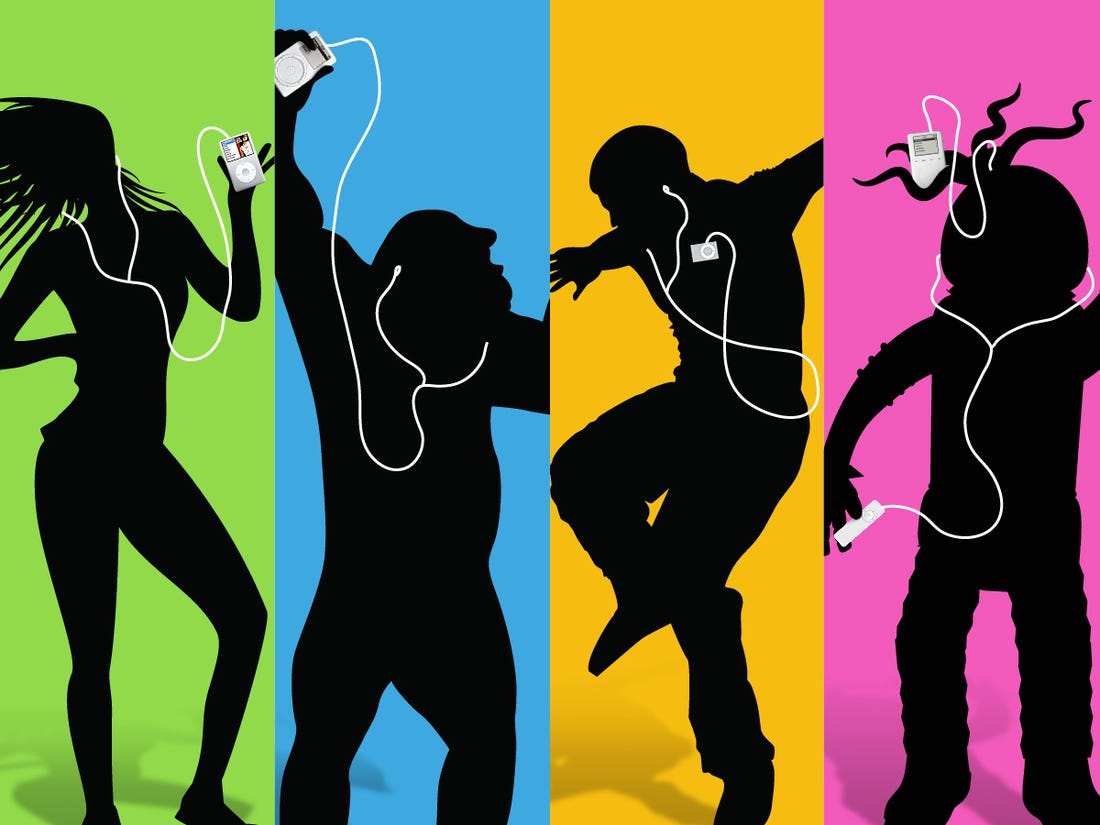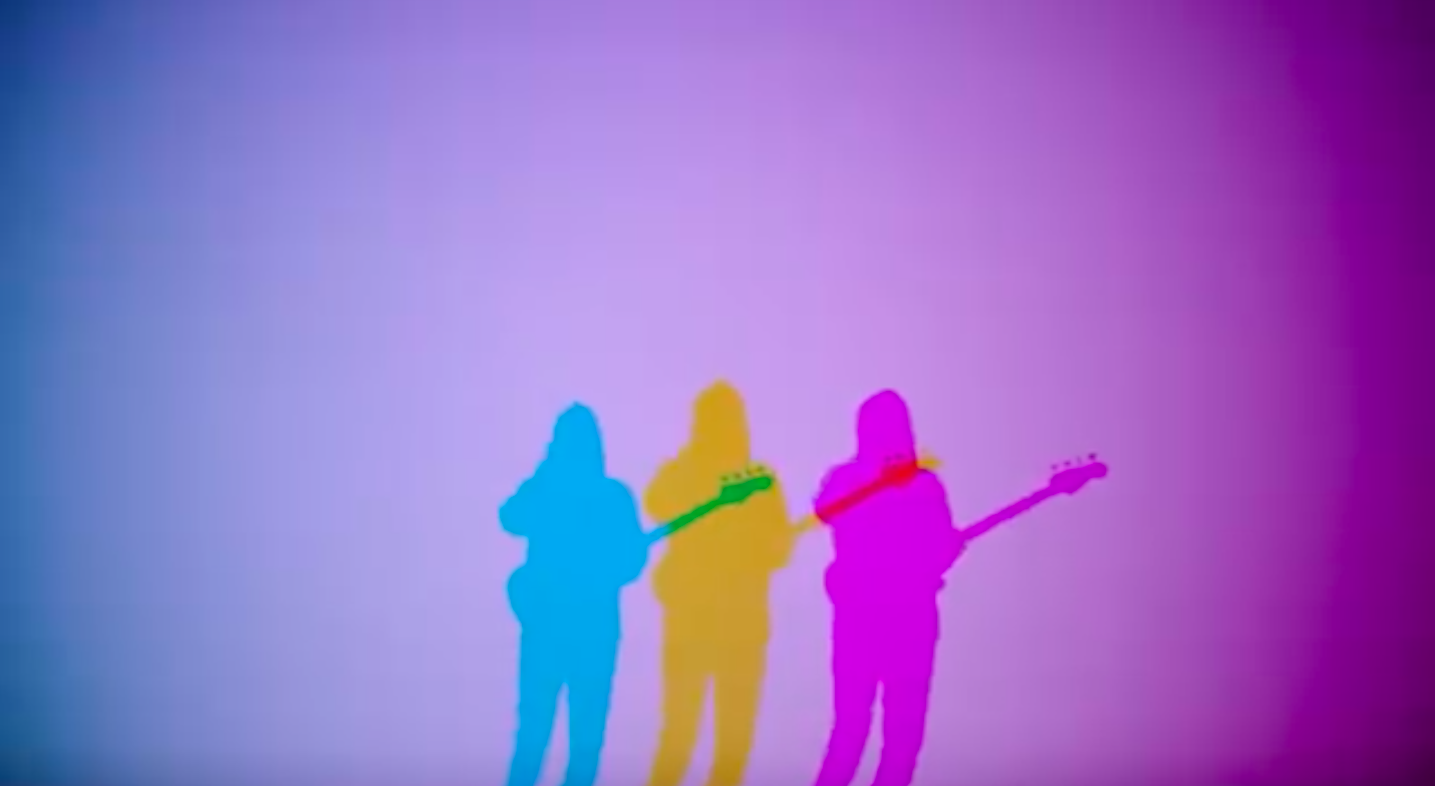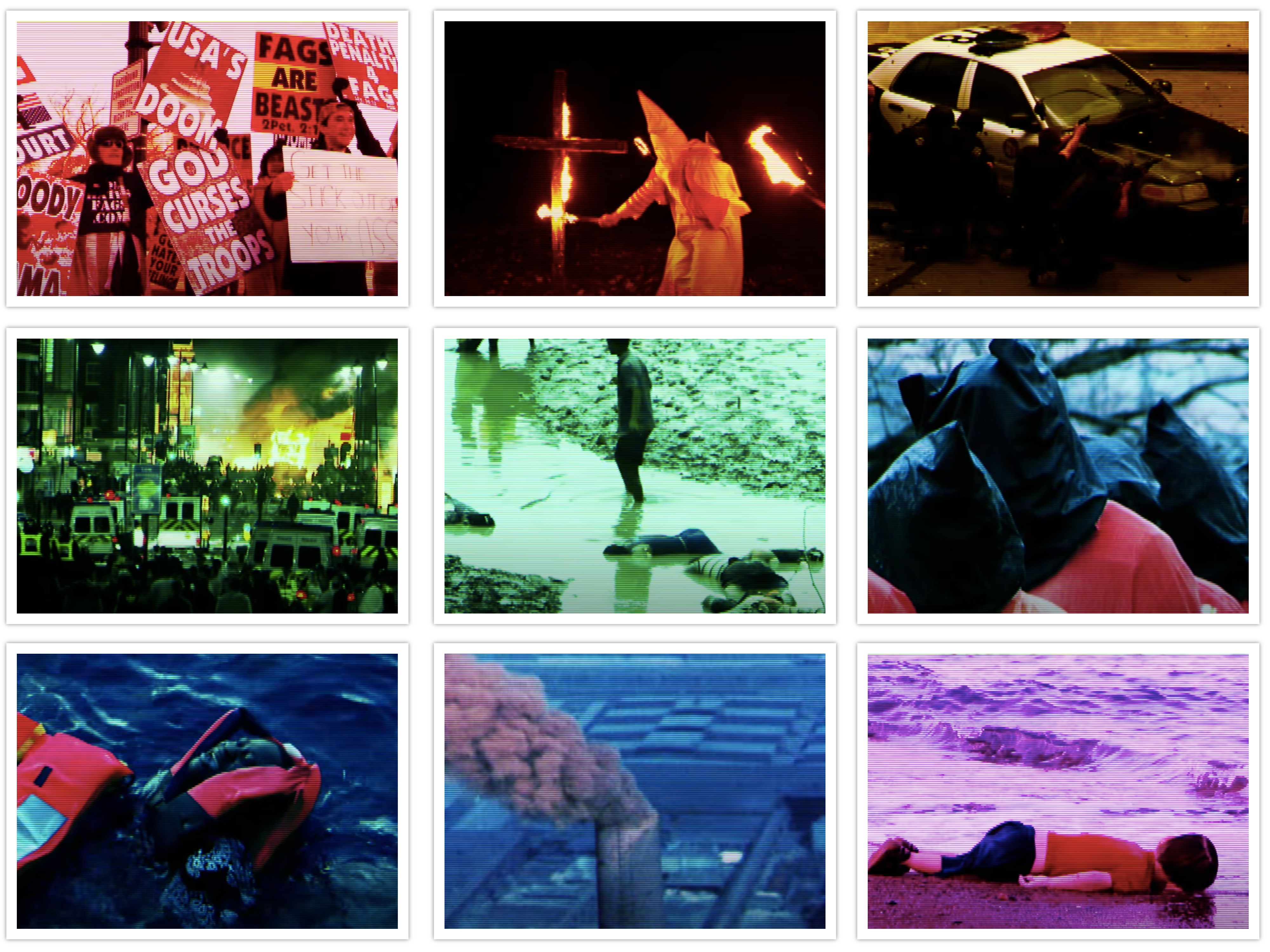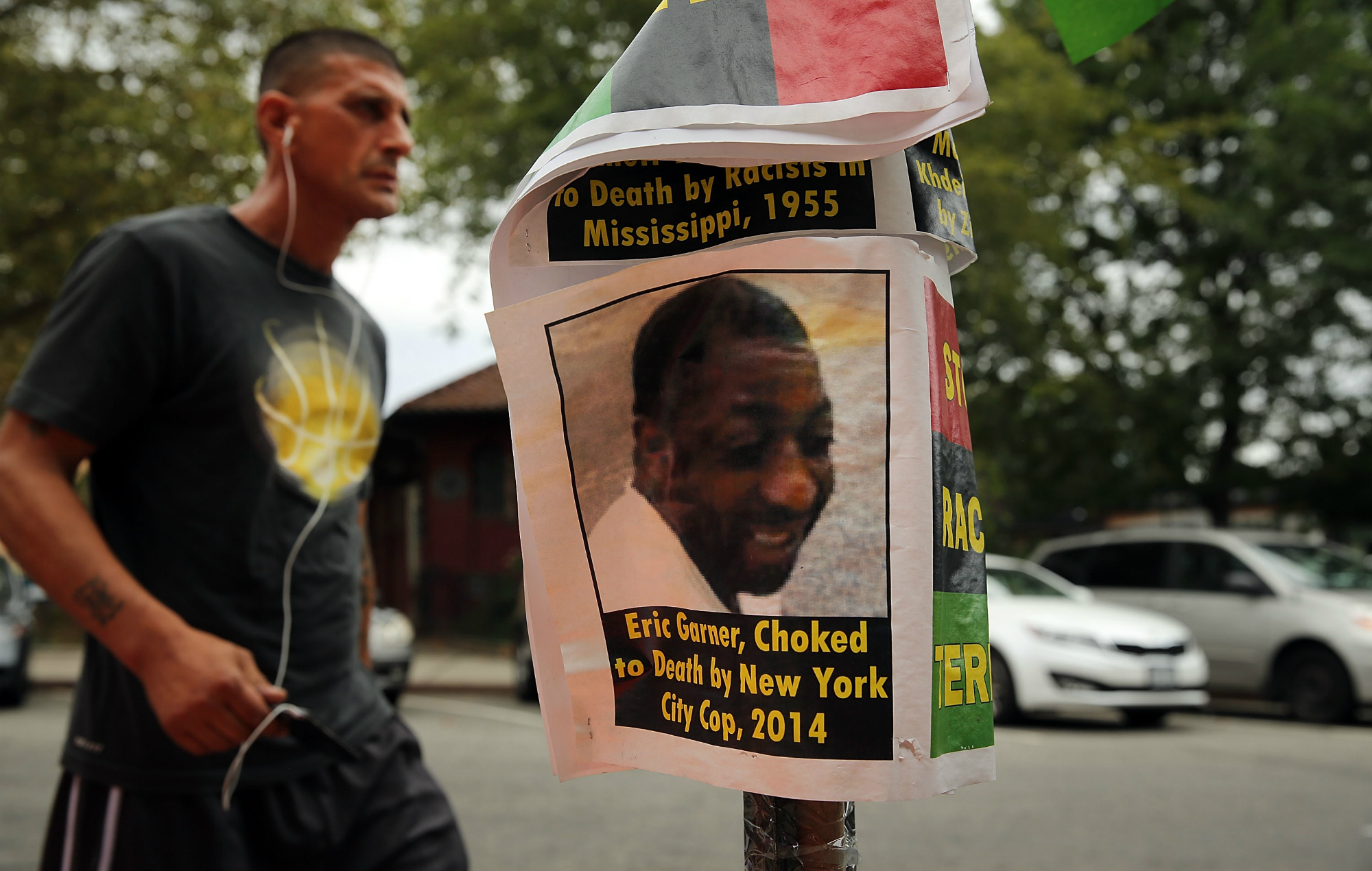The 1975’s Dystopian Nostalgia
While Joel portrays a romanticized nostalgia in the video for “We Didn’t Start the Fire,” The 1975 has a dystopian portrayal of nostalgia in “Love It If We Made It.” Differing from Joel, The 1975 eliminates a romanticization of the past. Similar to the singer/songwriter style of “We Didn’t Start the Fire,” the synths and 80’s pop-funk grooves of “Love It If We Made It” induce nostalgia by pulling listeners into the past (Doyle, “14 Things We Learned”). The chorus, “a kaleidoscopic explosion of glimmering pop that hits like a firework,” displays the song’s pop/rock genre in stark contrast to the dark verses (Zoladz, “We Love It, They Made It”). The tension between the styles of the chorus and verses “creates something that’s both clear-eyed and hopeful,” yet simultaneously fearful and anxiety-inducing (Zoladz, “We Love It, They Made It”). Thus, the flat, decontextualized sound of “Love It If We Made It” demonstrates life’s current emotion, with the scream-along lyrics portraying the frustration and mental health of the modern youth.
This stark contrast between verse and chorus is demonstrated in the video for “Love It If We Made It.” In the video, Healy’s silhouette sings amidst a colorful and hypnotic background, similar to those of the nostalgic Apple iPod advertising, while grave images corresponding to the lyrics are played between each scene. Similar to heavy metal performances and video, and thus metal’s escapist emotions, the “Love It If We Made It” video uses phallic thrusts of microphone stands, madness, and iconography of horror (Walser 1993, 109). By implementing characteristics of metal into their music video, The 1975 not only addresses anxieties of the modern youth that can never be resolved, but also demonstrates how “music videos cannot reasonably be analyzed without the musical component of such texts being examined” (Walser 1993, 114). Thus, the lyrics of “Love It If We Made It” coupled with the video portray frustrations and anxieties of both The 1975 and their younger generation peers.


The video’s stark contrast of colorful scenes coupled with dystopian images of reality reminds the viewer that the romanticized nostalgia in “We Didn’t Start the Fire” is fictional. As Healy sings lyrics created from news headlines in frustration, the “Love It If We Made It” video pairs gruesome images to these phrases to serve as a time capsule, ensuring this romanticization of the past will not be repeated. In the video, images of global disaster, often caused by politics of the United States, portray the overwhelming anxiety experienced by American youth as a result of previous generations’ actions. Rather than offering a solution, The 1975 uses the “Love It If We Made It” video to ensure the consequences of political decisions are documented (Lynskey 2018, 42).

By understanding this message, the song’s hook, “Love it if we made it,” can be analyzed. The hook suggests the new generation’s curiosity in the past’s political actions, nostalgia, and desire to transform the American political agenda. While the phrase “Love it if we made it” is uplifting compared to the graphic lyrics of the song, it also questions the survival of the human species as a result of disasters they have created, thus inducing a dystopian nostalgia. “Love It If We Made It” lyrics such as “Selling melanin and then suffocate the black men / Start with misdemeanors and we’ll make a business out of them” represent this dystopian society that modern youth must face, thus inducing both hope and anxiety.

The frustrated and anxious lyrics of “Love It If We Made It” are universally understood, especially in America, despite being produced by a British band (Vozick-Levinson 2018, 24). The lyrics for “Love It If We Made It” had to be edited for the radio, yet one cut lyric was a quote from Donald Trump (“‘I moved on her like a bitch’”) (Lynskey 2018, 42). This emphasizes the political significance of the song and demonstrates how “Love It If We Made It” recalls current political agendas, such as abuse of power, celebrity deaths, and structural racism (“Rest in peace Lil Peep”) (Vozick-Levinson 2018, 24). In doing so, The 1975 channels the same goal as Joel’s “We Didn’t Start the Fire” to demonstrate that no generation is the “golden years.” Although “Love It If We Made It” may be viewed as a protest song, Healy views the song as a “montage for the time” (Lynskey 2018, 42). The song was not created to provide a solution, but call out complacency.
In addition, the lyrics of “Love It If We Made It” “capture, so pithily, the surreal links between body and machine, technology and emotion, that now dictate ordinary life” (Zoladz, “We Love It, They Made It”). Both the song and video portray a vivid view of what it means to be alive right now. By exploring technology-induced numbness, The 1975 puts “into relief the human joy of reconnecting to another person, or maybe just oneself” (Zoladz, “We Love It, They Made It”). By demonstrating the dystopian effect of technology on civilization, “Love It If We Made It” removes a romanticization of the past and instead portrays a world in which no species are saved.